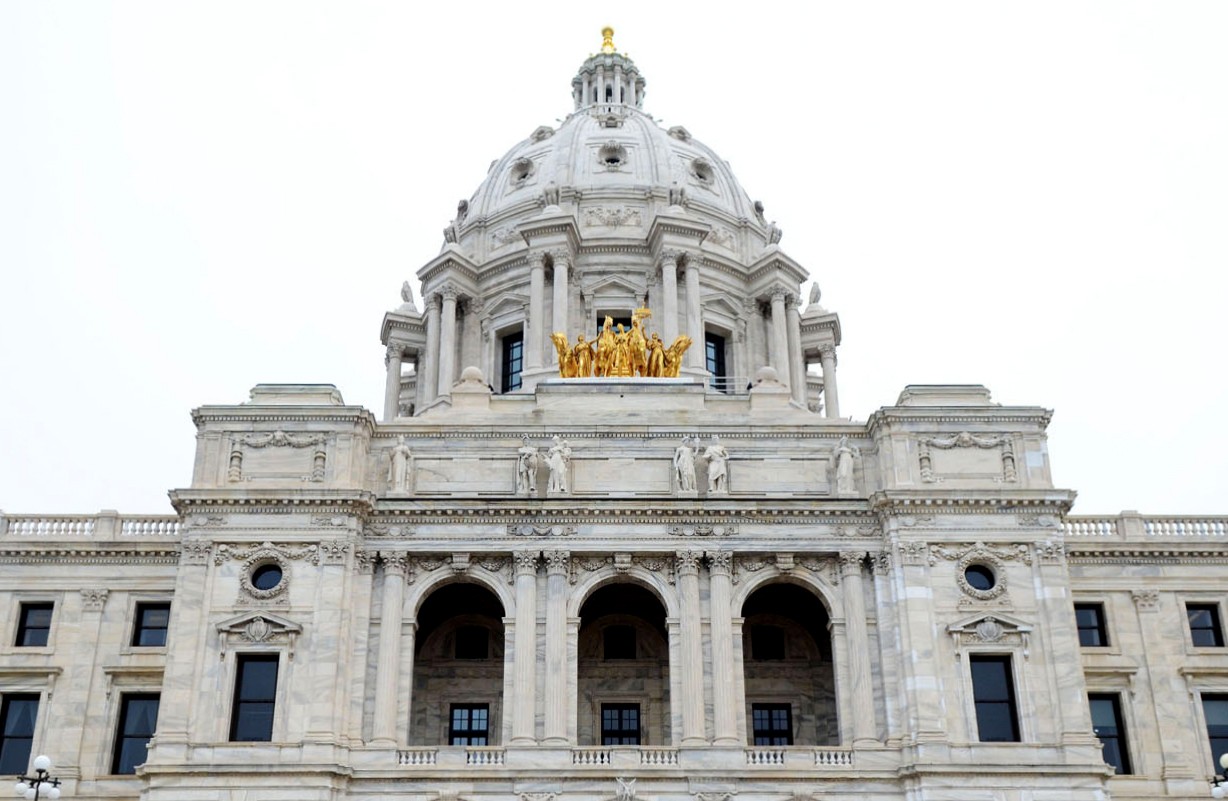State lawmakers are closing in on legislation to provide insulin to diabetics who can’t afford it, which advocates say is more important than ever during the coronavirus pandemic.
After more than a year and multiple versions, both chambers of the Legislature passed emergency insulin bills earlier this year before session was suspended. Though the outbreak has slowed down the legislative process, lawmakers are optimistic they can come to an agreement before the end of the legislative session next month.
The Alec Smith Insulin Affordability Act is named after the 26-year-old Minnesotan who died in 2017 after rationing insulin because he couldn’t afford it. The bill would develop an emergency assistance program to help diabetics who can not afford the rising prices for insulin, which have gone from $30 to $350 per vial, said author Rep. Michael Howard, DFL-Richfield.
“[The bill] creates a true safety net for Minnesotans so that never again will someone lose their life because they can’t afford the insulin they need to survive,” Howard said before the House voted to pass the bill in late February.
The bill establishes programs that would both give individuals a free three-month emergency supply of insulin and additional ongoing assistance through the state’s Department of Human Services.
The DHS would then charge insulin manufacturers annually for the cost of the program.
The Senate bill, also named after Smith, would not use state funds but adjusts existing patient assistance programs offered by manufacturers to include more patients. Companies that fail to comply would be fined $100,000 every month for the first six months then $200,000 every month after.
Both bills would require insulin manufacturers to abide by the proposals’ conditions to do business in the state.
Nicole Smith-Holt, insulin affordability policy advocate and Alec Smith’s mother, said the bill’s safety net is urgently needed amid the coronavirus outbreak. Insulin will become harder to get for many diabetics who have lost their jobs in recent weeks, she said.
“We’ve got college kids and young adults, we’ve got parents that are losing their jobs which means they’re losing their [health] insurance,” Smith-Holt said. “Insulin is not something that can just not be taken — they cannot resort to rationing their insulin or they’re going to die.”
Separate versions of the bill passed in both chambers last year, but differences couldn’t be resolved by the end of session. A 60-day working group was established late last year to negotiate further, but lawmakers couldn’t come to a solution.
Sen. Scott Jensen, R-Chaska, author of the bill, said the COVID-19 pandemic has “slammed the brakes” on progress on the insulin bills. But while the Legislature’s focus has shifted, lawmakers in both chambers are optimistic they can agree on a bill, he said.
“This is something we can do and this is something we should do,” Jensen said. “Simply because we have a pandemic — a huge issue — in front of us, doesn’t mean that we can’t have other things absolutely done as well.”
Lawmakers plan to convene for a conference committee, which as of now remains unscheduled, some time before the end of the legislative session May 18.













